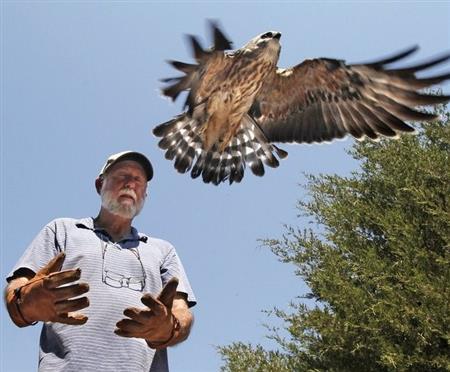
This week we had an interesting presentation by Inger Guiffrida, executive director and Kristy Wicker, community liaison at the WildCare Foundation founded in 1984 and located in Noble.
Click on the headline above for more details and many photos!
To watch this meeting recording, click on this link: Sooner Rotary May 19, 2020 Online Club Meeting
Jane called our May 19 online meeting to order.
We had some Happy Dollars: One from Katie Kimberling who met John "Count Gregor" Ferguson, OKC broadcasting legend at the golf course; one from Doug "Zack" Miller who launched his Uncle Zs website, and Jane who found the cat she's babysitting for JT and family!
Virtual Happy Hour online this Thursday at 5 p.m.
Thanks to Mary Sallee for introducing our speakers from the WildCare Foundation founded in 1984 and re-located in 2015 to Noble.
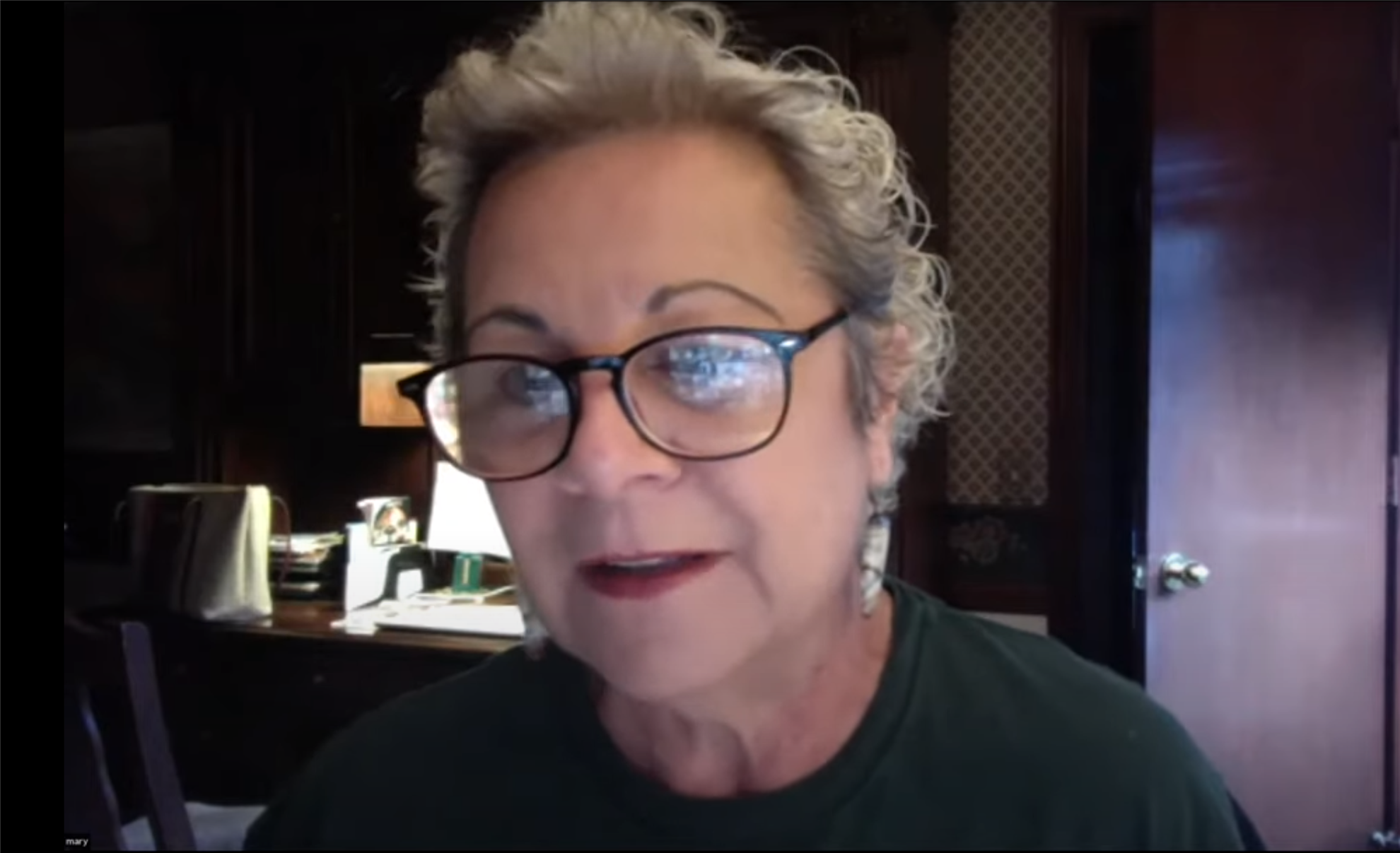
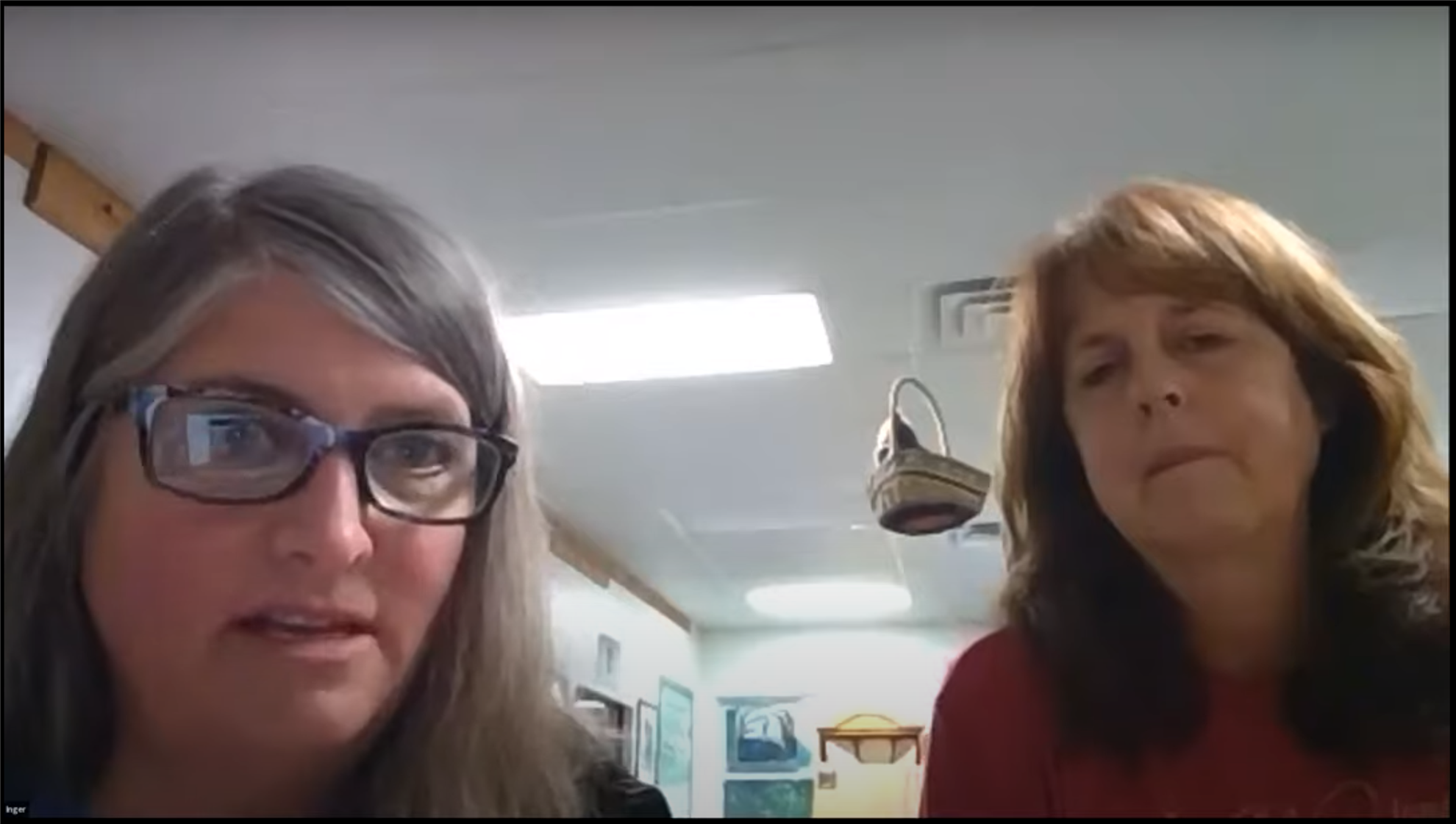
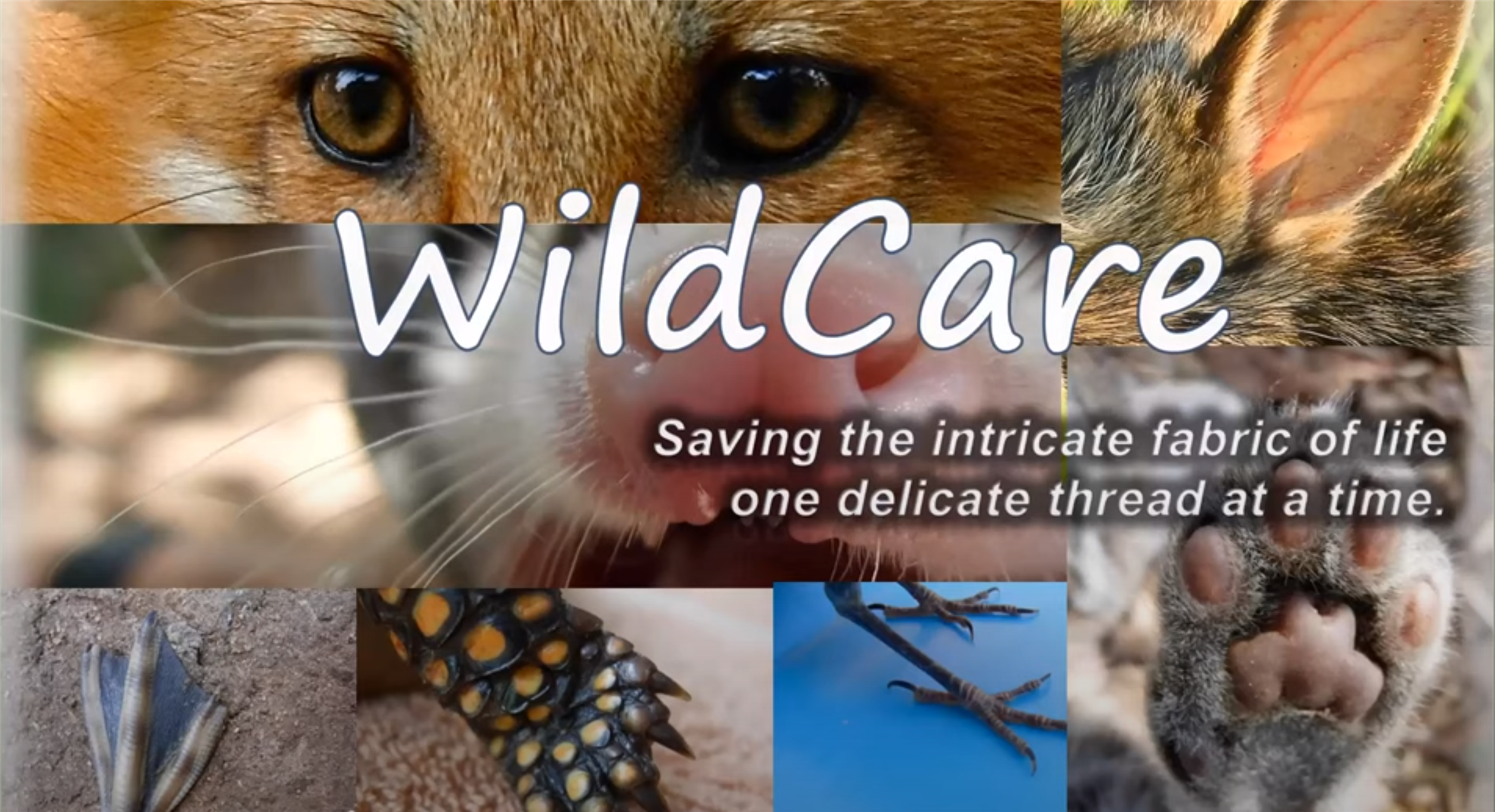
Inger Guiffrida, WildCare Foundation executive director and Kristy Wicker, community liaison both began as volunteers.
Kristy is well known in the wild animal welfare field after authoring the first comprehensive report in the nation about the state of all animal health in Oklahoma. Her research focused on the system of domestic (including farm animals) and wild animals in shelters--including their treatment and for wild animals their return to the wild. It was supported by the Kilpatrick Foundation.
The foundation mission is to provide people a place to bring wildlife native to the state that are struggling to survive. The goal is to release healthy animals back to nature. Their focus is on the people who find injured wild animals. Inger clarified they are not a sanctuary or zoo. As much as they sometimes want to, they do not cuddle the animals. They want them to survive in the wild.
Inger said, "Every life matters—eagle to mouse, bobcat to gopher, squirrel to hummingbird." The foundation center includes Dr. Abbott a wildlife veterinarian and uses public education to reduce the likelihood of native human and animal encounters. She was clear the people who work at the foundation make WildCare work--full-time and part-time employees, fellow, volunteers and interns.
The foundation is licensed by the Oklahoma Dept of Wildlife Conservation and the US Fish and Wildlife to handle animals—including endangered animals such as eagles and other migratory bird rehabilitation. They care for an average of 6,500 patients annually although they are on a path to treat a many as 8,000 this year! The center cared for around 100,000 animals since opening.
Here are some of their patients being helped and in the nursery:
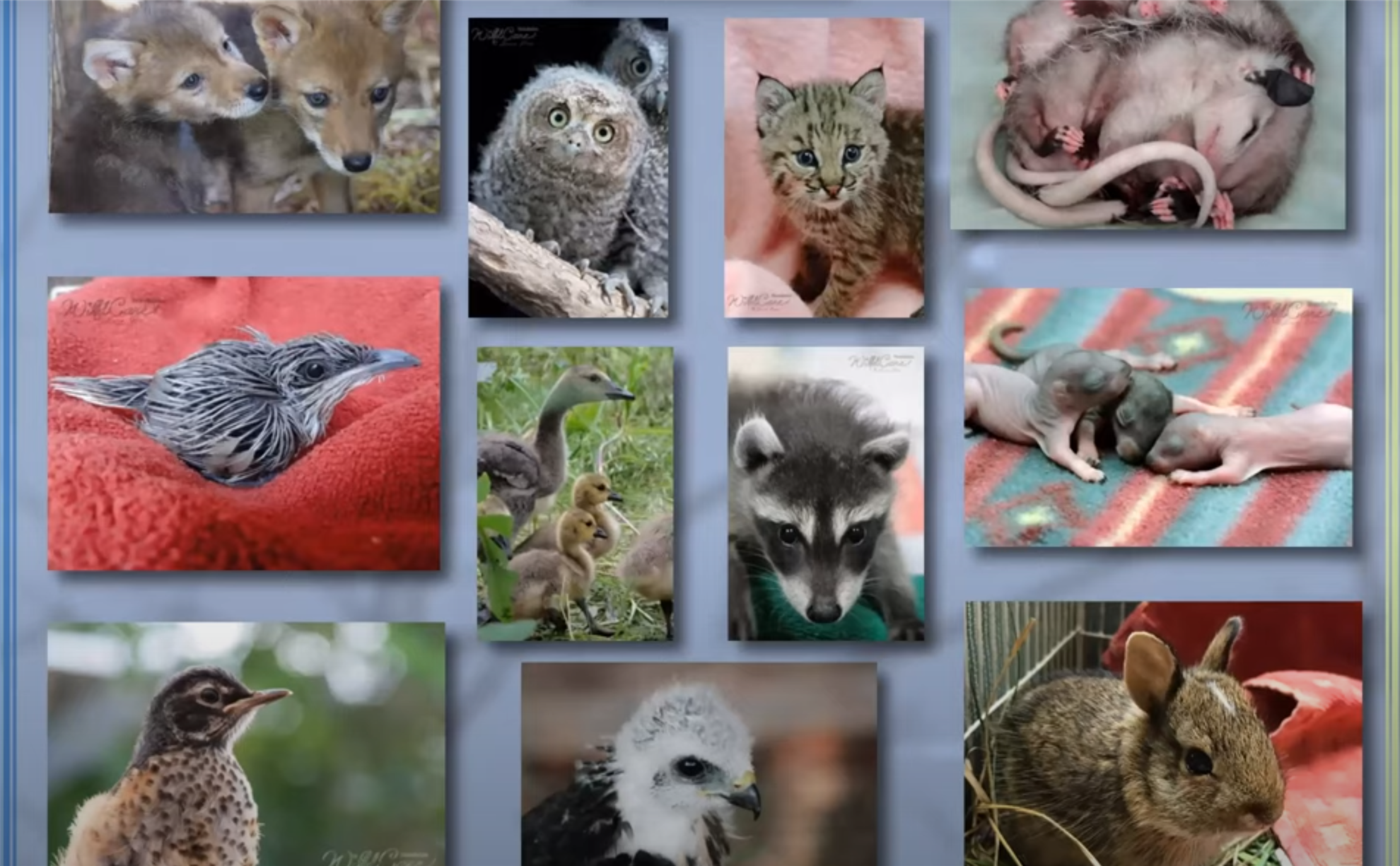
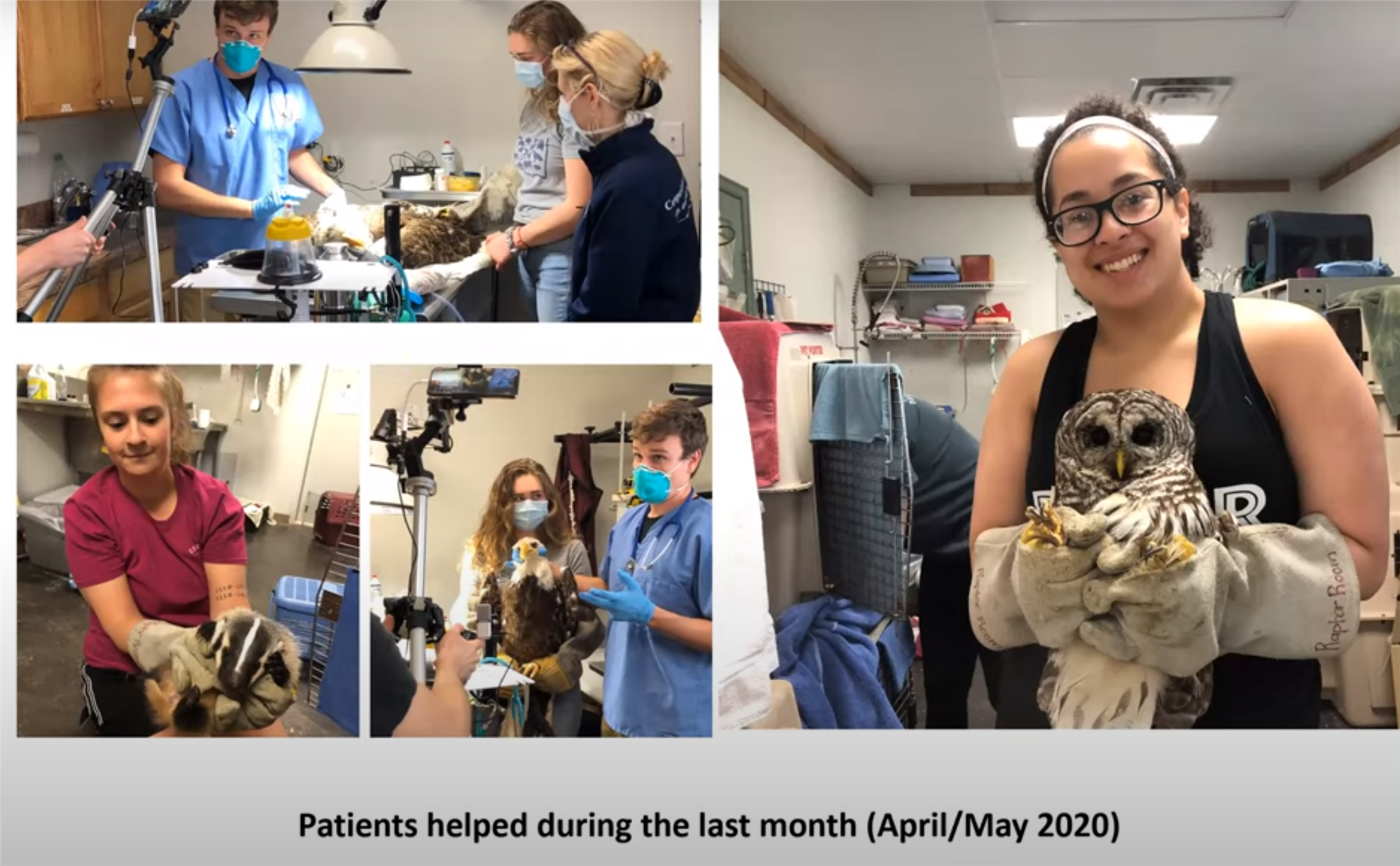
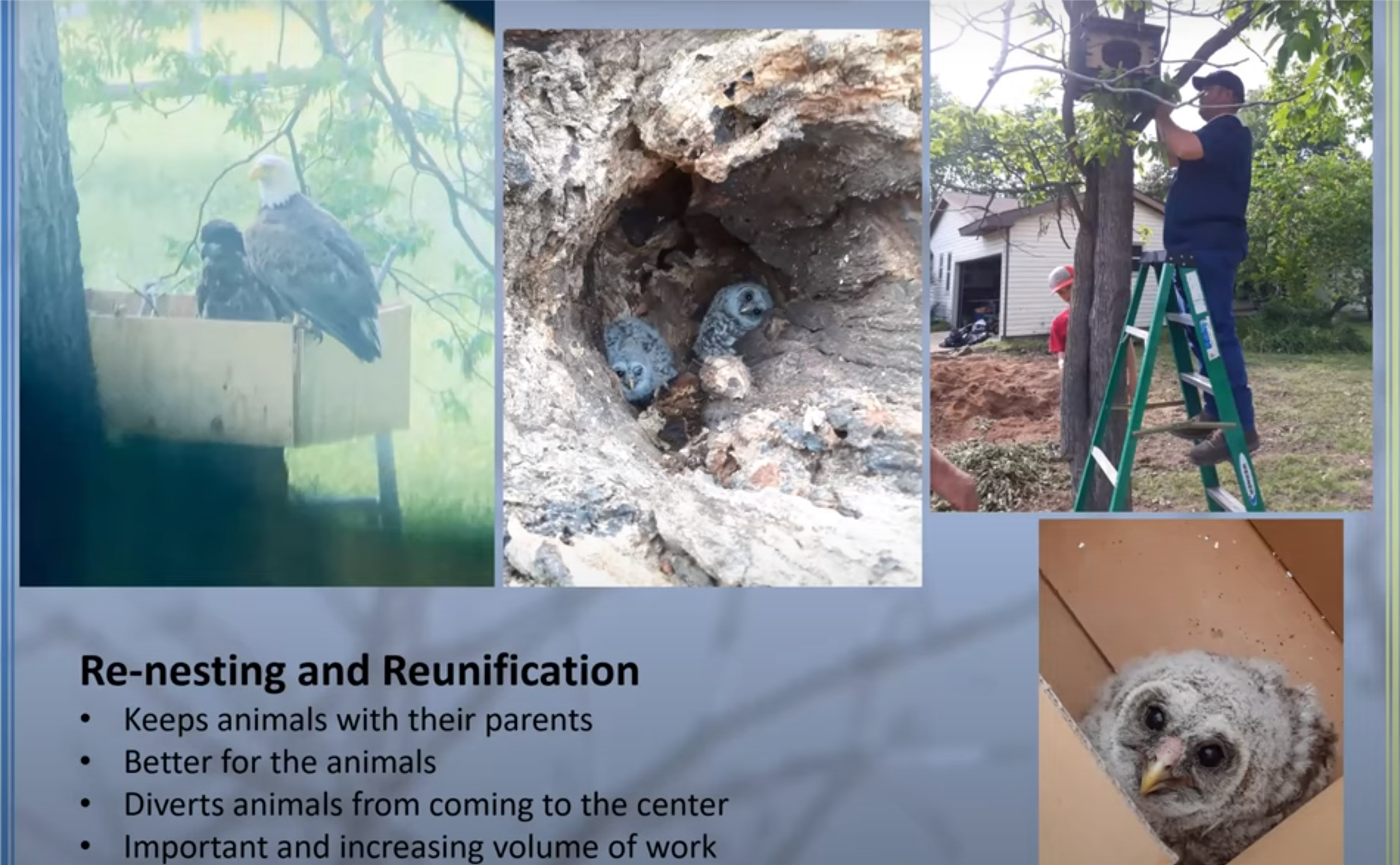
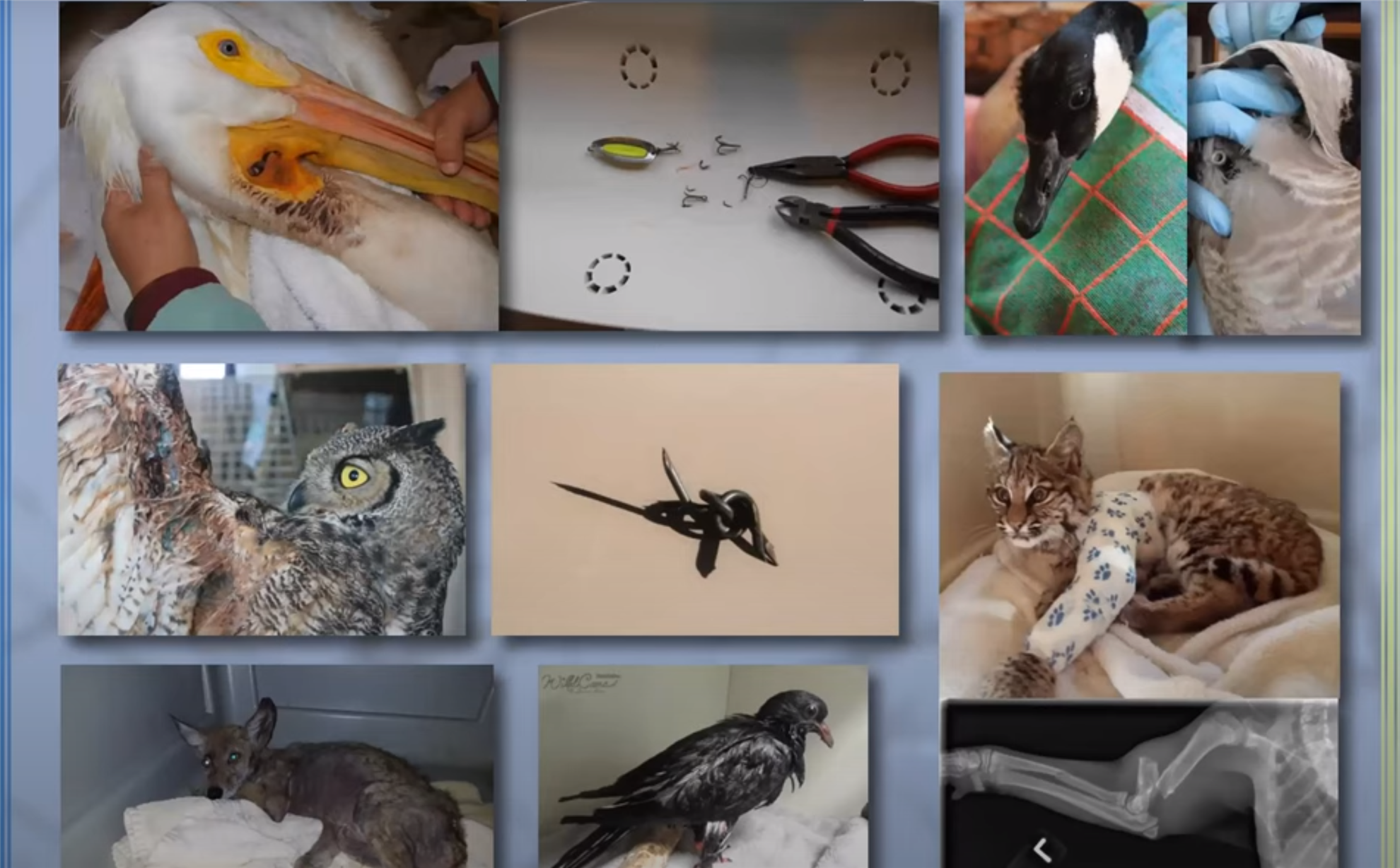
The foundation receives over 100 calls a day from people interfacing with wildlife and wanting to know what to do with injured animals or what they think are orphaned babies.
Inger noted that their goal is to re-nest birds and/or reunify baby animals with their parents. She dispelled the myths that animals won't take back a baby after a human has touched them. In fact, most mother animals will reunify with their babies. So they have talked Oklahomans through building nesting boxes for burrowed owls or securing a small laundry basket in a tree to serve as a new nest for a baby eagle. Raccoons of all ages are vaccinated for distemper to reduce its prevalence in the species.
However, some animals are orphaned in the wild so the foundation nursery is full of baby opossums, squirrels, and for the first time in a decade or so, a baby badger which is native to Oklahoma. They nurse them to an age that they can be returned to the wild--coordinating with landowners across the state.
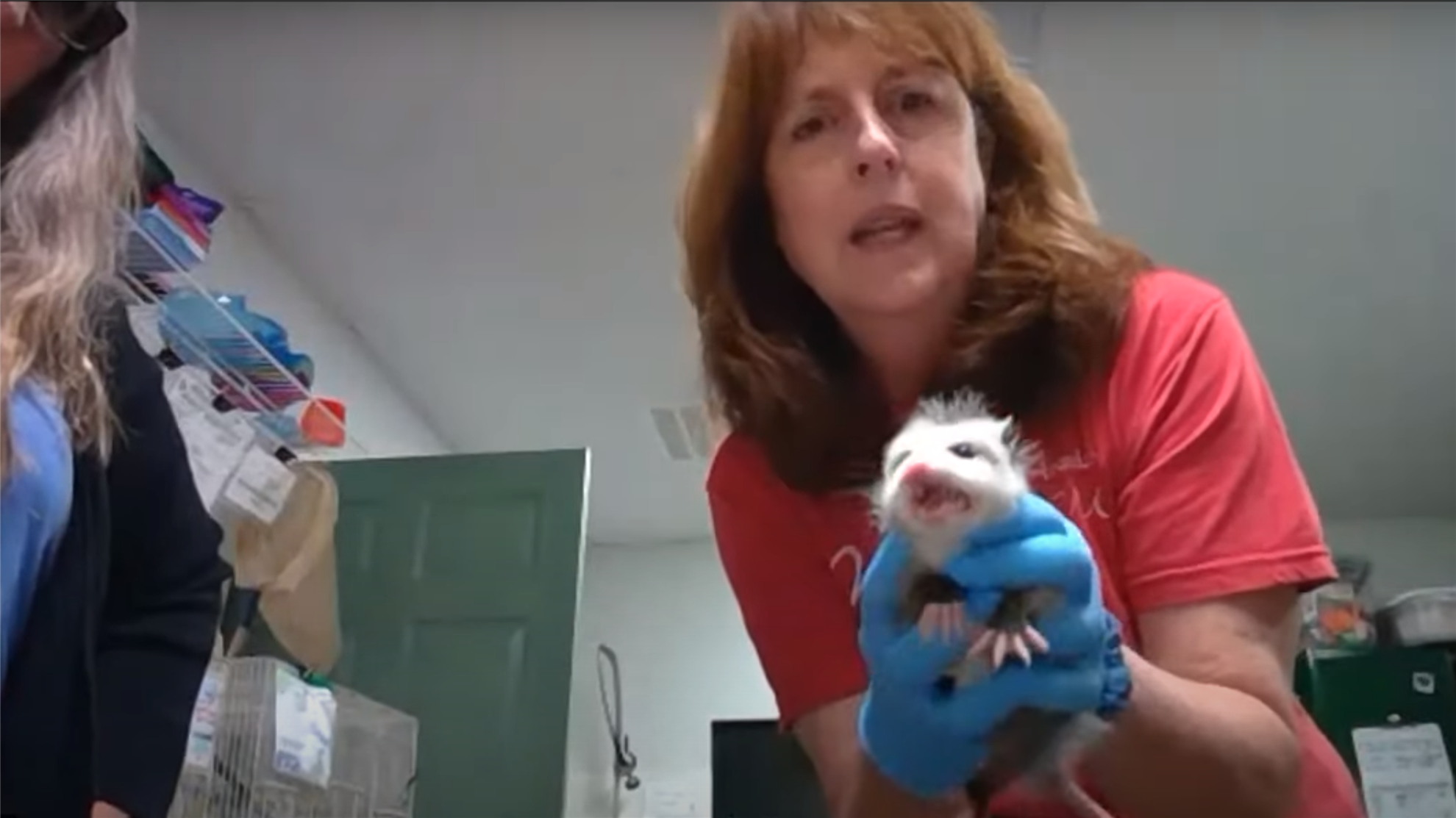
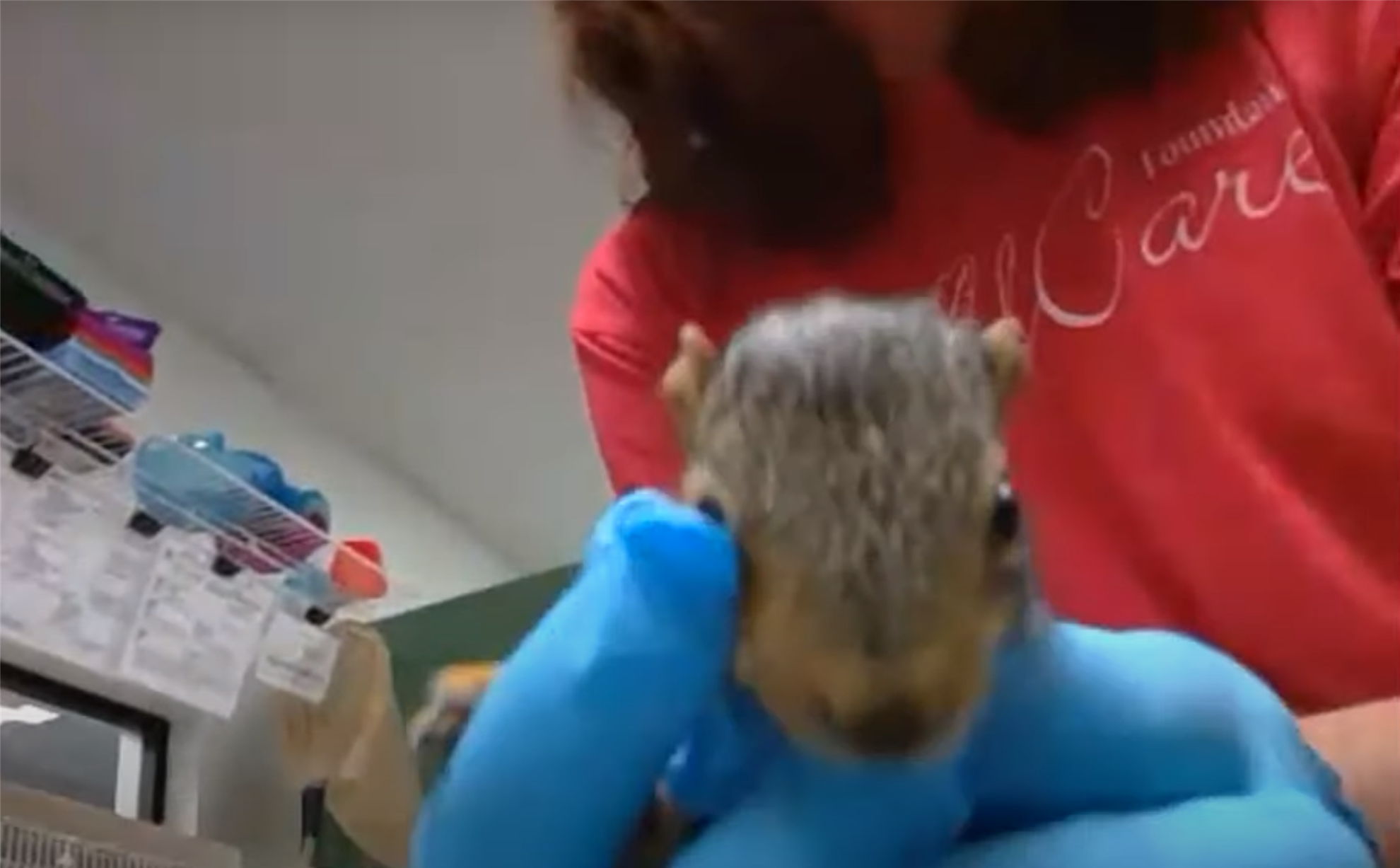
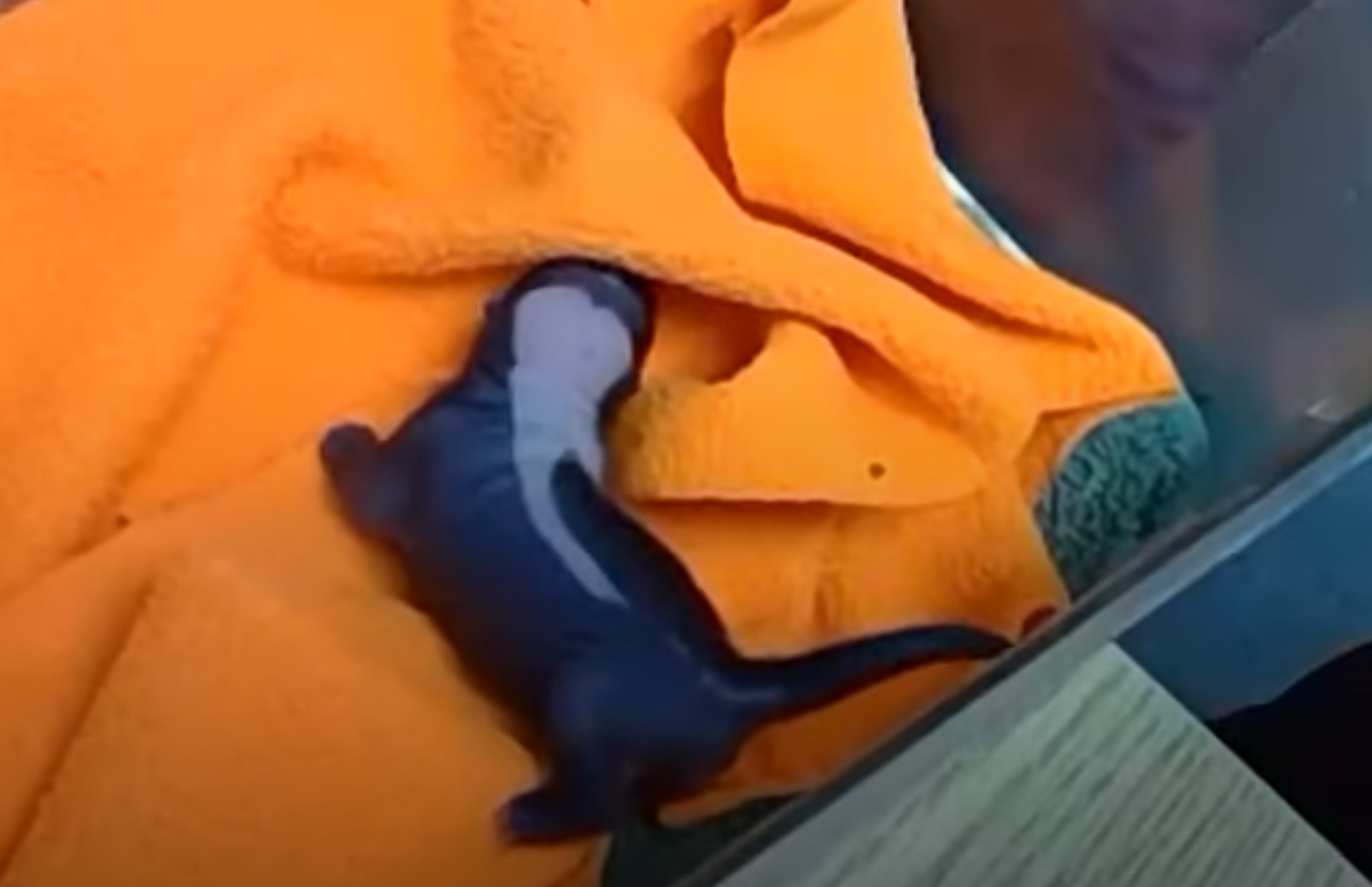
This is a baby skunk which already has the markings that will warn others to give him a wide berth when he grows up! People who work with skunks and bats at the center have to be vaccinated for rabies.
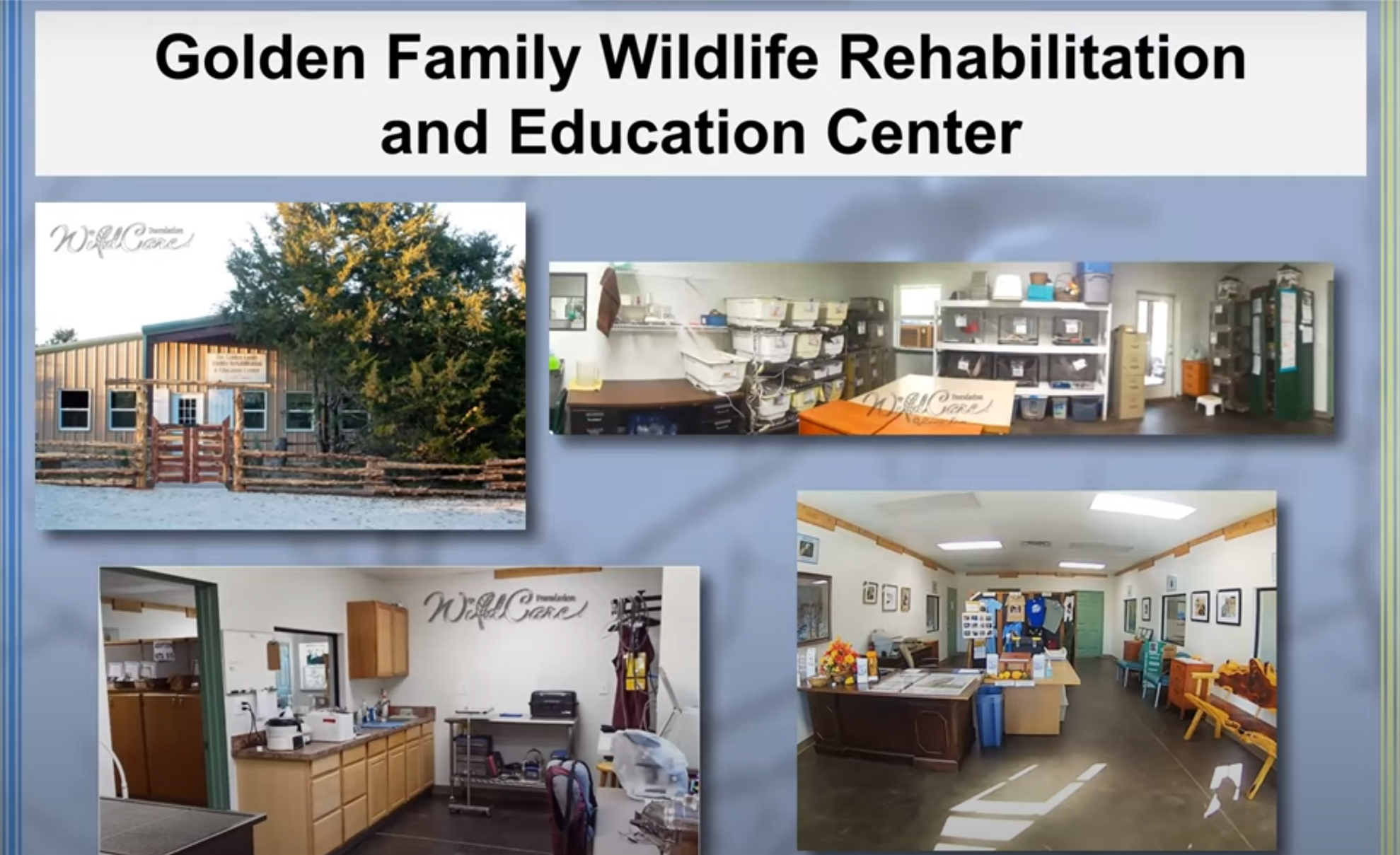
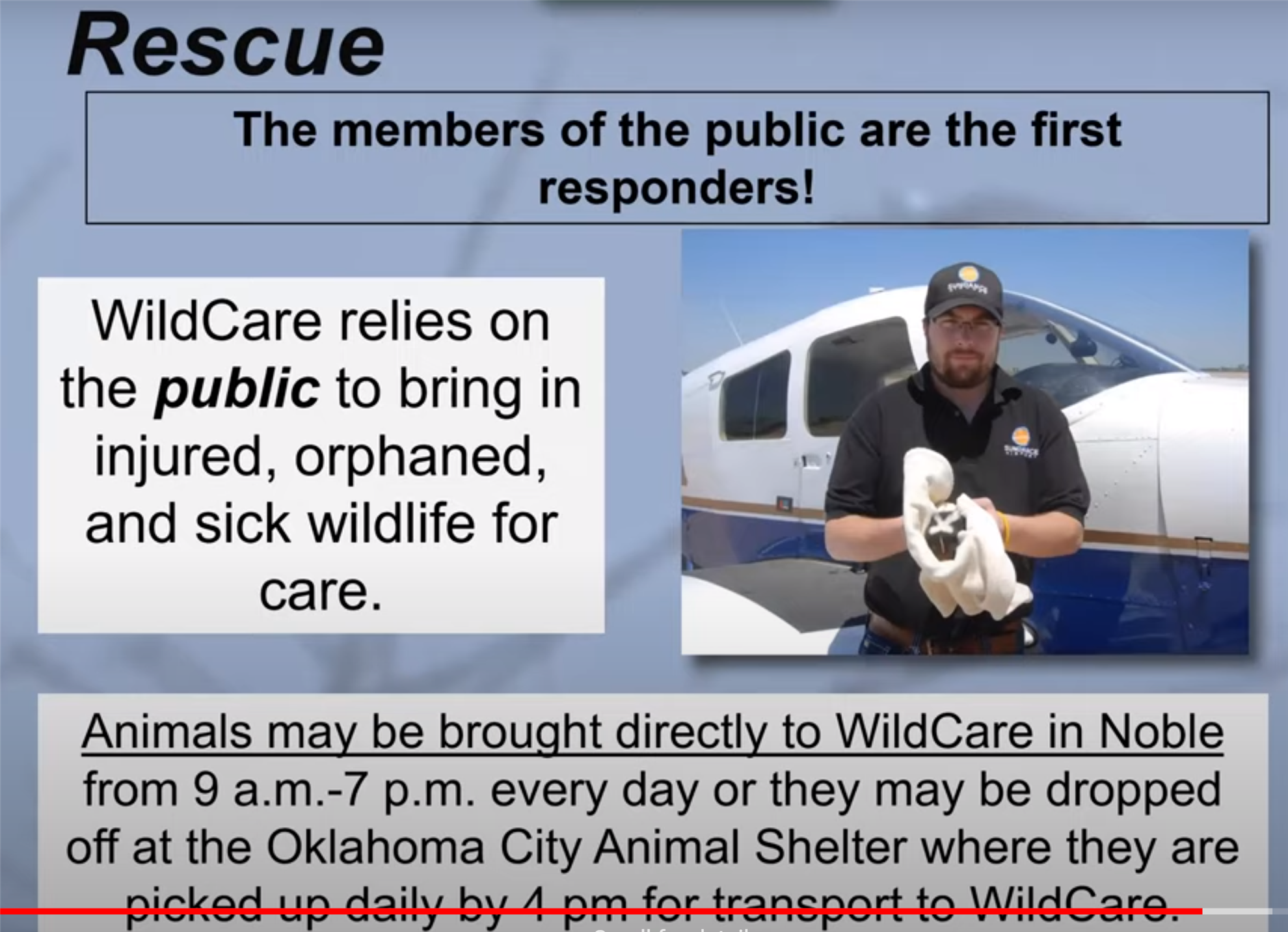
As late as 2015, the wildlife care was handled out of the director’s house. Now they have Golden Family Wildlife Rehabilitation and Education Center which has allowed for expanded capacity and increased levels of treatment.
The main challenge now is finding volunteers to transport patients to the center from all over the state. Often local residents cannot drive them to Noble. Inger and Kristy also plan to set up a wildlife hotline with dedicated personnel to handle calls so center staff can spend more time caring for the animals and coordinating with staff, volunteers, and landowners. Donations are always welcome at the website: https://www.wildcareoklahoma.org/